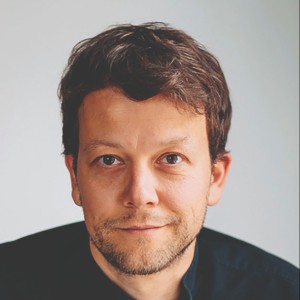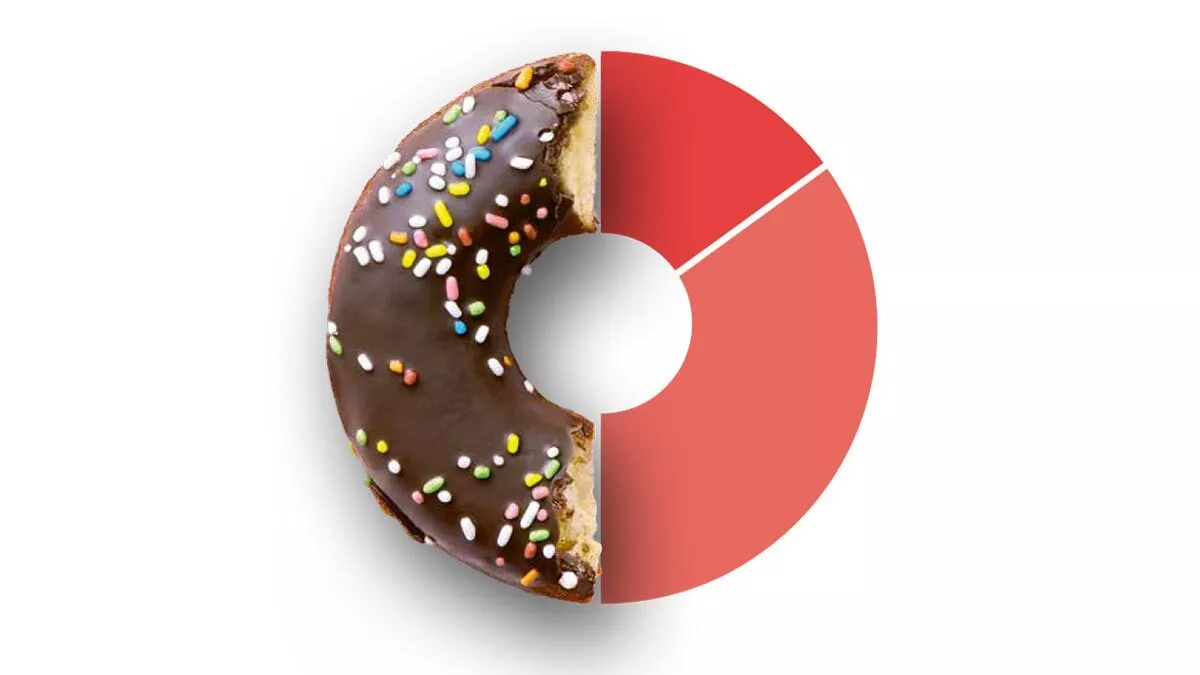Basic income is the perfect topic for endless discussions about human nature during a lively evening with friends: Are people inherently good or evil? Do they need external motivation to work, or do they have an innate drive to create? Would a basic income bring salvation or the downfall of civilisation? For a long time, how you answered these questions was a matter of faith.
But we no longer have time for theoretical debates, because the world faces urgent, practical problems—and for these, we urgently need new solutions, not just slogans.
That’s why, six years ago, we simply turned the utopia of a universal basic income into reality. Since then, we have raised over eight million euros in donations and distributed it as a one-year basic income of 1,000 euros per month to more than 800 randomly selected people—no strings attached.
Practice versus theory
The recipients shared their experiences with us, telling us what happened during and after this period of their lives. We were surprised to discover that in practice, a basic income works very differently than it does in theoretical discussions.
Only a few people changed jobs, and no one became lazy. On the contrary, people thrived, lived healthier and more socially connected lives, made bolder decisions, pursued further education, and started businesses. This was true even for those who already had enough money for a comfortable life.
Our non-profit organisation, Mein Grundeinkommen (My Basic Income), operates much like a modern start-up: we build prototypes, test them in real-life settings, measure the impact, learn from the results, and then develop the next, larger prototype. We repeat this process until we truly understand whether basic income works. So far, we can say that a basic income works on a small scale. But of course, a one-year experiment has its limitations, and the experiences of the recipients have not been scientifically documented in a structured way.
Putting the basic income to the test
For our next prototype, we needed an outside perspective. We wanted to make sure we didn’t fall into the trap of confirmation bias or organisational blind spots. We wanted to know whether it was worth investing even more time and energy in this idea.
That’s why we turned to the German Institute for Economic Research (DIW Berlin) and asked them to put basic income to the test.
The scientists are conducting their research independently, without funding from us. Our role is simply to bring their questions and findings to the public.
We love discussions. But we’re too impatient for baseless ideological debates. We want real answers to invite everyone to join us in this quest for knowledge.
Letting go and handing it over to science
In this project, we see ourselves primarily as facilitators. While political parties remain hesitant about basic income, civil society has long been creating its own realities. In fact, this research project is funded and made possible by approximately 180,000 private individuals, whose monthly donations go directly to the participants. They are the true sponsors of this social experiment—in the most literal sense.
Now, we take a step back and focus on gaining knowledge. Professor Schupp, can we ask you a few questions?

